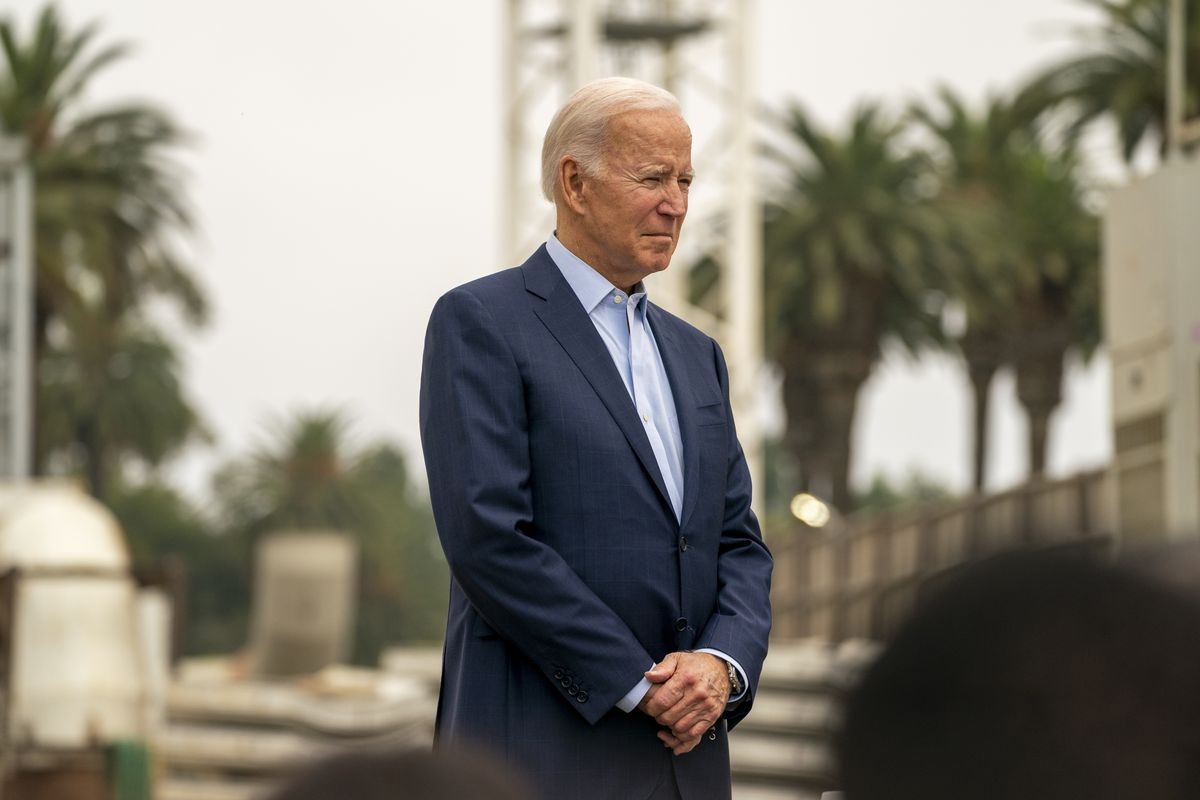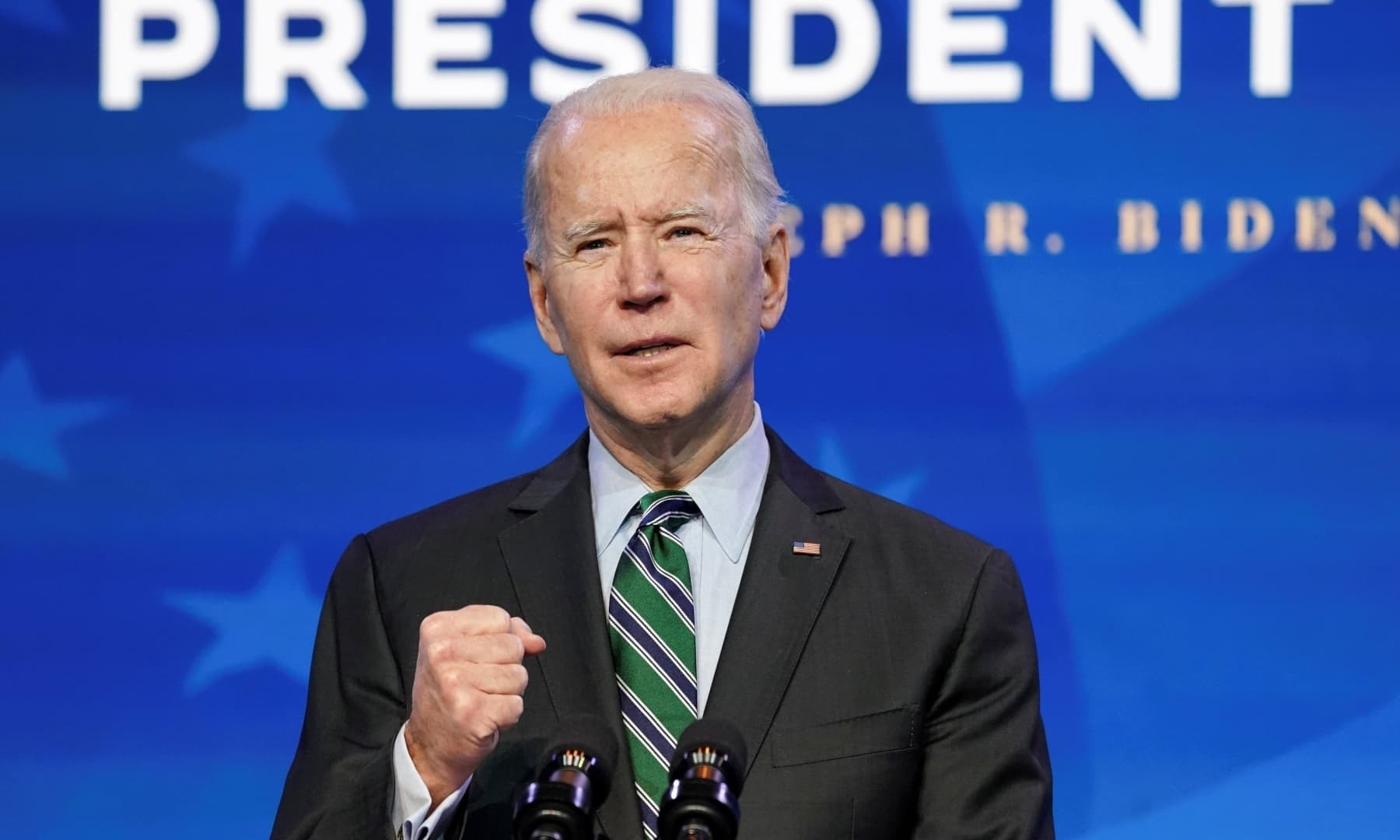The Biden administration has moved to restrict drilling on millions of acres of government-owned lands in Alaska, including blocking a proposed mining access road.
The administration’s decision, announced on Friday, will prevent oil and gas drilling on 13 million acres in the Western Arctic, part of the National Petroleum Reserve in Alaska. This reserve, established in 1923 as an oil supply for the Navy, is home to diverse wildlife, including caribou herds and polar bears.
Additionally, the administration indicated its intention to disapprove a proposed industrial road through the northwestern Alaskan wilderness, which would affect Ambler Metals’ mining plans. The decision cited concerns about the road’s impact on over 30 Alaska Native communities.

Joe Biden (Credits: Vox)
White House adviser John Podesta hailed these actions as historic, emphasizing their importance in protecting Indigenous subsistence use and conserving natural resources for future generations. He noted that the Biden-Harris administration has now safeguarded over 41 million acres of lands and waters across the country.
However, Republican senators, including Dan Sullivan and John Barrasso, criticized the decisions, accusing the administration of weakening America’s energy independence and ceding ground to geopolitical rivals like China and Iran.
Kaleb Froehlich, managing director of Ambler Metals, expressed disappointment over the government’s decision, arguing that it will deprive Alaska Native communities of job opportunities and economic benefits and hinder U.S. efforts to develop critical minerals essential for clean energy and national security.
The Biden administration’s stance on energy and conservation issues in Alaska has been contentious. Progressives oppose projects like the Willow project, approved last year, which allows ConocoPhillips to drill in the state for three decades.

President Biden (Credits: Dawn)
The administration’s reversal of Trump-era policies, such as opening up more areas for drilling, has drawn praise from environmental and tribal advocates.
Although the decision regarding the Ambler road is not final, pending a formal Record of Decision after a mandatory waiting period, it has sparked debate among Alaska’s congressional delegation, highlighting concerns about its economic impact on the region, including Alaska Native Corporations.
Nevertheless, environmental and tribal advocates have welcomed the administration’s rejection of the Ambler Road Project, seeing it as a step forward in fighting for Indigenous rights and environmental justice.


























